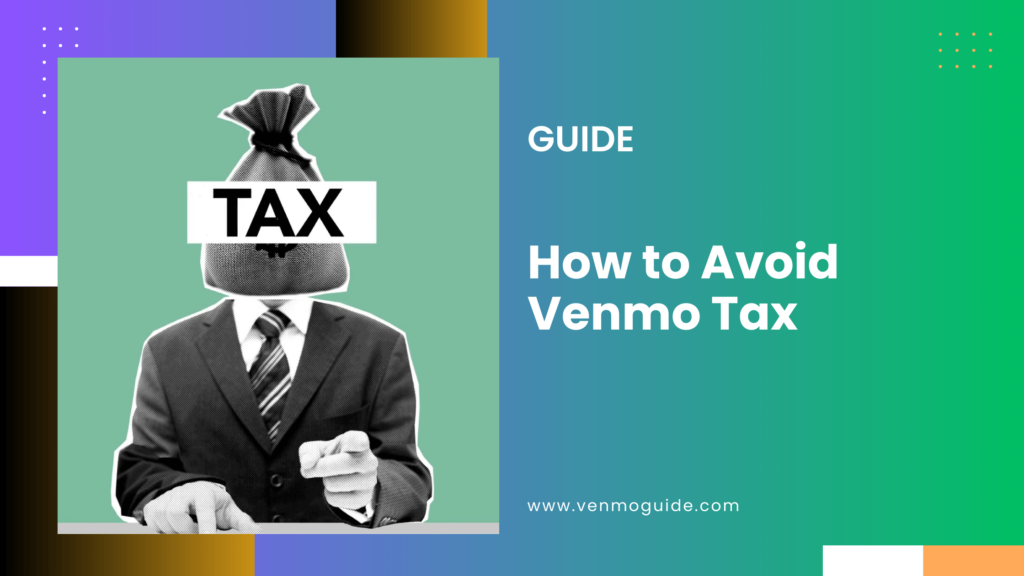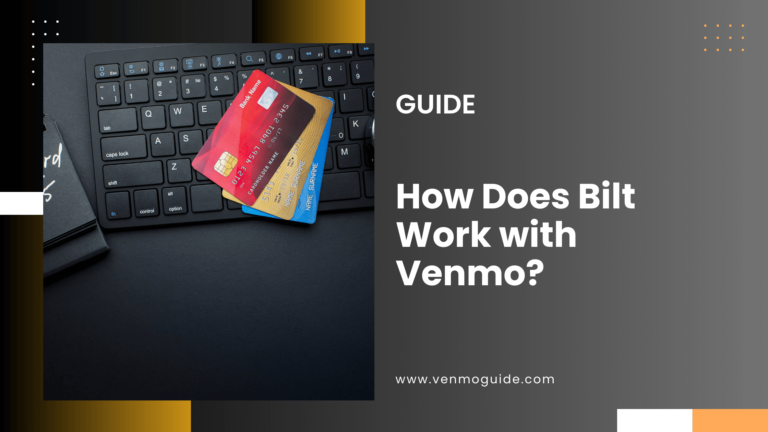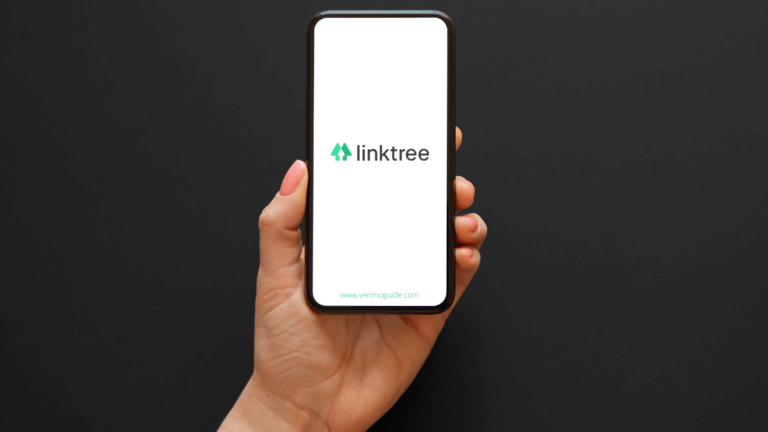How to Avoid Venmo Tax?
To avoid Venmo tax implications, use Venmo only for personal transactions, not business payments. Ensure transactions are labeled as “personal,” keep business transactions below $600 annually to avoid a 1099-K form, and maintain separate accounts for personal and business use. Always consult a tax professional for personalized advice.
To avoid Venmo tax implications, consider the following:
- Use Personal Transactions: Only use Venmo for personal payments (e.g., splitting rent or meals) to avoid tax reporting.
- Avoid Business Transactions: Do not use Venmo for business payments or sales of goods/services unless necessary.
- Categorize Payments Correctly: Ensure transactions are labeled as “personal” to avoid misclassification.
- Stay Below Reporting Threshold: Keep total annual business transactions under $600 to avoid receiving a 1099-K form.
- Separate Accounts: Use separate Venmo accounts for personal and business transactions to prevent confusion.
Always consult a tax professional for specific advice.

When using Venmo for transactions, it’s important to know the tax rules that apply.
Some payments, especially those linked to business activities, can trigger tax reporting requirements.
Tax Law Changes
In 2022, new tax laws came into effect affecting how payment apps report earnings.
The IRS now requires platforms like Venmo to report payments for goods and services. These rules aim to ensure that all income, no matter how small, is reported and taxed appropriately.
Starting in the 2023 tax year, if you receive more than $600 through Venmo, you will get a Form 1099-K.
This form will show the total payments received, making it easier for the IRS to track income.
Distinction Between Personal and Business Transactions
Understanding the difference between personal and business transactions is crucial. Personal payments, like splitting a dinner bill or sending money to friends, typically do not require tax reporting.
Business transactions involve selling goods or services. If you’re using Venmo for business, you must keep accurate records.
This includes knowing which payments are for personal use and which are for business. Mixing these types can lead to unnecessary tax complications.
Significance of the $600 Reporting Threshold
The new $600 reporting threshold is significant for all Venmo users. If you earn $600 or more for business purposes, Venmo will issue a Form 1099-K to you and the IRS.
This means even if you conduct several small transactions, they can add up to this total. If you’re under this threshold, you won’t receive the form.
However, it’s wise to keep track of all transactions for your own records. This way, you can easily report any income that may not reach the $600 line but still needs to be acknowledged.
Compliant Reporting of Venmo Transactions
When using Venmo for payments, it’s important to comply with tax reporting requirements. Proper handling of transactions can help you avoid unnecessary tax issues. Here’s what you need to know.
Proper Use of Tax Forms
If you meet certain thresholds, you may receive a 1099-K form from Venmo.
This form is issued when your total transactions for goods and services exceed $20,000 and you have more than 200 transactions in a year.
Keep track of your earnings and payment types. If your transactions involve only friends or family, these do not require reporting.
Make sure to differentiate between personal payments and business transactions in your record-keeping.
Managing Business Transactions on Venmo
If you operate a small business, setting up a proper profile on Venmo is crucial. Use a business profile for receiving payments for services or goods.
This helps in keeping personal and business transactions separate. You should document all transactions related to your business for accurate bookkeeping.
Regularly review your transaction history to ensure that business payments are correctly categorized to avoid any complications during tax time.
Avoiding Common Reporting Mistakes
There are common pitfalls to watch out for. Always report the income you earn through Venmo, even if you don’t receive a 1099-K.
Neglecting to report can lead to issues with the IRS. Make sure you don’t confuse personal payments with business payments.
Keep receipts and detailed records of transactions to support your reports. Being transparent and organized can protect you from audits or penalties down the line.
Legal and Financial Strategies to Minimize Taxes
There are practical steps you can take to lower your taxes related to Venmo transactions. By focusing on ethical tax reduction techniques and seeking professional advice, you can manage your tax responsibilities effectively.
Ethical Tax Reduction Techniques
You can use various strategies to reduce your tax burden legally. First, keep track of your income closely. Only report income that exceeds the IRS threshold of $600 in business transactions.
This ensures you stay below the reporting limit for Form 1099-K.
Consider setting up a separate account for business transactions. This makes tracking income easier and keeps your personal and business finances distinct. You can also explore tax credits that may apply to your situation. These credits can directly reduce your tax liability.
Another option is to deduct transaction fees charged by platforms like Venmo. Keeping detailed records will help when filing your taxes.
Remember that personal payments, like splitting bills with friends, do not count as taxable income.
Seeking Advice from Tax Professionals
Consulting a tax professional can be beneficial. They can provide tailored advice based on your specific financial situation. A professional can help you understand complex tax forms and ensure you comply with IRS requirements.
It’s wise to ask about potential deductions and credits you may qualify for. Tax professionals can help prevent mistakes that could lead to penalties.
Regular check-ins during the year can keep you informed about any tax law changes that might affect you.
Investing in quality tax advice may save you money in the long run and help you feel secure in your financial decisions.






